The Corona crisis is accelerating the upheaval in the automotive industry because the sales gap creates additional pressure. As a result, consolidation will proceed faster than has been apparent up to now. This applies especially to small and medium-sized suppliers, which have long had far too little return on investment. The declines in sales have left them partly in the red. This has two very different effects: OEMs organize acquisitions by strong partners for strategically important products. And investors specialized in difficult cases are going bargain hunting. Of course, Chinese companies play a major role in this.
A current example also shows how active Chinese companies are: Daimler Truck AG and the Volvo Group are setting up a joint venture to develop hydrogen drives for commercial vehicles. The two partners each hold 50 percent of the new company, and Volvo buys in with 600 million euros. Volvo and the Chinese electric car manufacturer Geely have the same owner. These two companies are now planning a merger. Geely, on the other hand, holds 9.7 percent of Daimler shares through its investment company “Tenaciou3”. At the same time, Daimler and Geely have been setting up a joint venture for Smart for about a year now. As from 2022, the Smart will be produced as an electric car in China. Unlike BMW and VW, Daimler does not have a domestic anchor shareholder in Germany.
Changes always lead to market adjustments
A dramatic upheaval is also emerging in the car trade. Trading portals that take the problems, in other words: the cars, out of the yards of brick-and-mortar retailers, will gain as much significant market share as direct marketing. The car dealers are virtually caught in the vice: customers are postponing major investments and at the same time, there is a threat of competition from new players in the seller market. Smaller retailers are under pressure from online car portals and large retailers that give significant discounts.
Upheavals have always led to market shakeouts. Now it is important to prepare your own company for the future – whether you are working in automotive production or automotive sales. The end-to-end processes from order intake to delivery to the customer must be well aligned. High speed paired with flexibility and efficiency is crucial. The products must be competitive in design, function and price. Innovation becomes a decisive competitive advantage. Competitive prices require optimal costs. No matter how good a production system is, it still cannot compensate for the disadvantages that have already been “built in” by design.
Put everything to the test. Times are not going to be easy.



 Deutsch
Deutsch